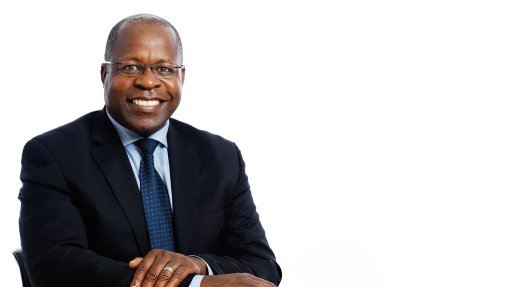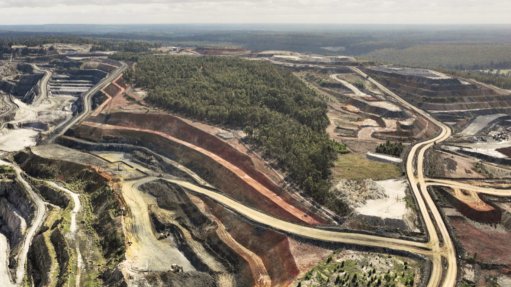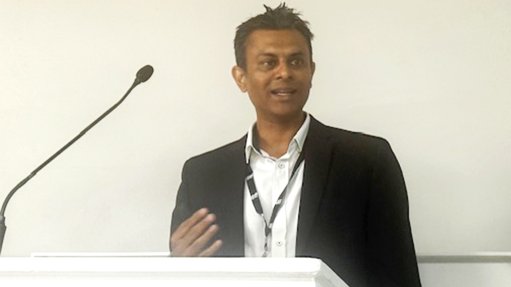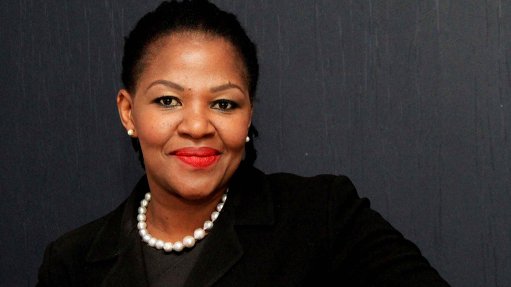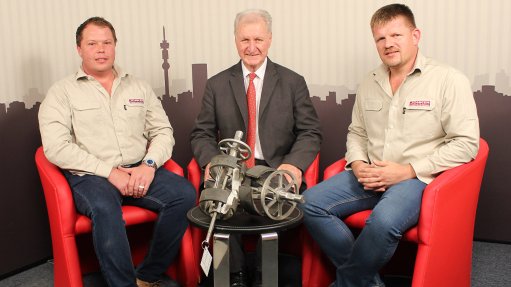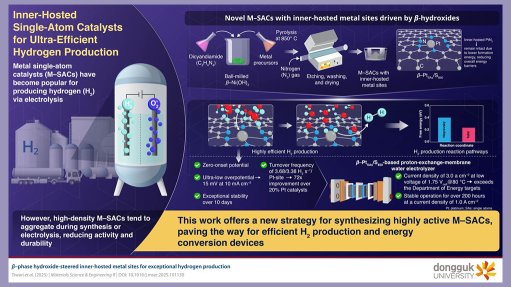Future electricity system will have to be ‘conducted in an orchestra’
Companies and governments have been urged to embrace disruptive technology, as it can contribute to decarbonising energy and make it cleaner, greener and more accessible.
Executives and experts attending the Africa Energy Indaba, in Cape Town, this month, outlined huge advances in electric vehicles, hydrogen production, process heat and energy storage, which could create new business models and opportunities.
“In ten years’ time, most of us will have at least one form of battery and rooftop solar photovoltaic [system], which we will at times be consuming and at other times selling electricity from,” Council for Scientific and Industrial Research Energy Centre head Clinton Carter-Brown told delegates.
He said entrepreneurs would drive markets and create opportunities.
“Millions of entities will have to be conducted in an orchestra, and digitalisation will be key.”
Carter-Brown said the world had turned on its head over the past seven years, as renewable energy and the reduction in its cost had become a game changer.
Change was difficult but necessary.
He said renewable energy and digialtisation were “not going to transform coal miners into data analysts, but we can provide a different future for their children”
.Carter-Brown said an option would be to turn Mpumalanga into a renewables manufacturing smart hub that could leverage digitisation elements, but this required incentives and a government-level strategy to make it happen.
Sasol Chemicals digital lead Oratile Sematle commented that digitalisation would also open up more opportunities for young people.
“We have been bringing matriculants into our digital studio and giving them experience. Some of these kids are super smart. We must take this forward as organisations in South Africa. Digitalisation is [acquiring a negative] connotation that it takes jobs away from people, but we can start to shift thinking to give opportunities to communities to generate value.”
Schneider Electric Anglophone Africa VP for the information technology division Jonathan Duncan told delegates that the rewards far outweighed the risks for companies to adopt artificial intelligence and machine learning capabilities.
“The majority of outages at data centres [result from] from human error. Don’t be afraid of moving to machines. They are a lot smarter than we are 90% of the time, because there are no emotions involved.”
He said digitalisation would contribute to greater efficiency by enabling the real-time monitoring of electrical networks.
Further, Eaton Africa director Seydou Kane highlighted that the current energy model would shift radically towards decentralisation, with minigrid and offgrid opportunities.
Eaton, which produces power management solutions for the commercial and industrial sectors, has successfully installed a microgrid system at its Wadeville facility, in Gauteng, where it employs 400 people. The microgrid system uses solar panels and Eaton’s energy storage system with second-life electric vehicle batteries.
Kane said this had lowered energy costs and added resilience by avoiding total reliance on grid energy.
He said trends pointed towards a significant increase in energy. He used the example of data centres, where “power use is absolutely phenomenal” and said far more investment would be needed in Africa to achieve its energy goals.
World Energy Council innovation director Marzia Zafar, meanwhile, suggested that more research and development was needed as the energy system transitioned.
The council had released an Energy Storage brief, which contained insights covering 17 countries, based on 39 interviews with key leaders from across the energy sector.
Zafar said available technologies had to be recognised – beyond batteries – to embrace the full potential of storage for the energy transition. This included hydrogen storage, flywheels as storage and compressed air energy storage.
The ideas were outlined during panel discussions on energy storage and the evolution of digitalisation in the African energy sector at the Africa Energy Indaba.
Article Enquiry
Email Article
Save Article
Feedback
To advertise email advertising@creamermedia.co.za or click here
Press Office
Announcements
What's On
Subscribe to improve your user experience...
Option 1 (equivalent of R125 a month):
Receive a weekly copy of Creamer Media's Engineering News & Mining Weekly magazine
(print copy for those in South Africa and e-magazine for those outside of South Africa)
Receive daily email newsletters
Access to full search results
Access archive of magazine back copies
Access to Projects in Progress
Access to ONE Research Report of your choice in PDF format
Option 2 (equivalent of R375 a month):
All benefits from Option 1
PLUS
Access to Creamer Media's Research Channel Africa for ALL Research Reports, in PDF format, on various industrial and mining sectors
including Electricity; Water; Energy Transition; Hydrogen; Roads, Rail and Ports; Coal; Gold; Platinum; Battery Metals; etc.
Already a subscriber?
Forgotten your password?
Receive weekly copy of Creamer Media's Engineering News & Mining Weekly magazine (print copy for those in South Africa and e-magazine for those outside of South Africa)
➕
Recieve daily email newsletters
➕
Access to full search results
➕
Access archive of magazine back copies
➕
Access to Projects in Progress
➕
Access to ONE Research Report of your choice in PDF format
RESEARCH CHANNEL AFRICA
R4500 (equivalent of R375 a month)
SUBSCRIBEAll benefits from Option 1
➕
Access to Creamer Media's Research Channel Africa for ALL Research Reports on various industrial and mining sectors, in PDF format, including on:
Electricity
➕
Water
➕
Energy Transition
➕
Hydrogen
➕
Roads, Rail and Ports
➕
Coal
➕
Gold
➕
Platinum
➕
Battery Metals
➕
etc.
Receive all benefits from Option 1 or Option 2 delivered to numerous people at your company
➕
Multiple User names and Passwords for simultaneous log-ins
➕
Intranet integration access to all in your organisation








